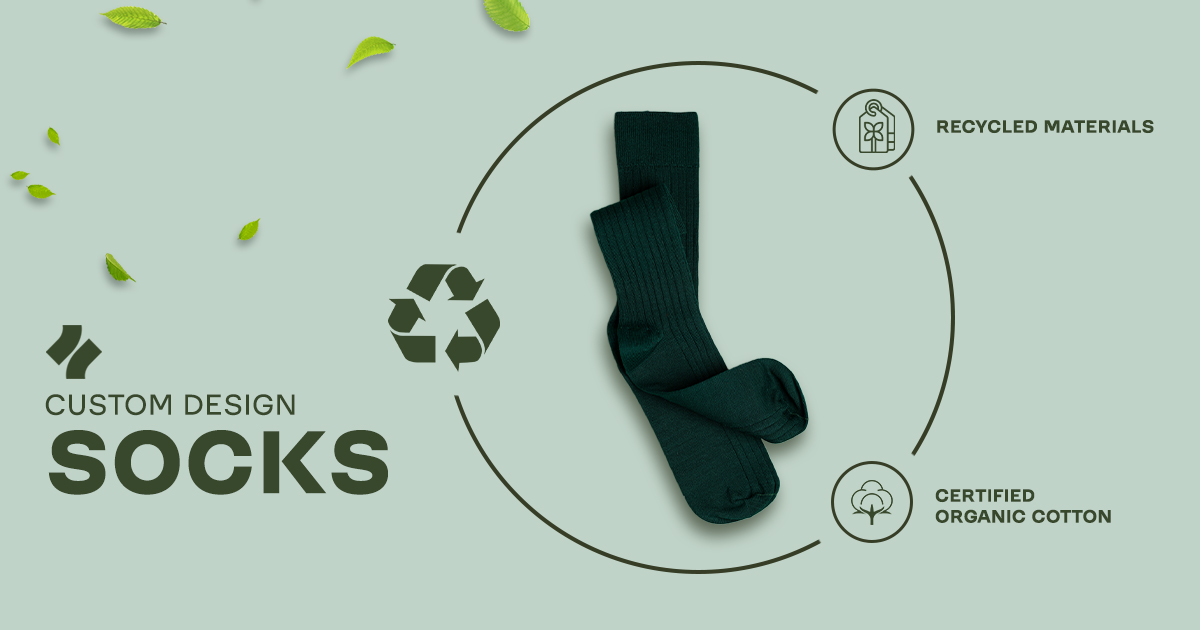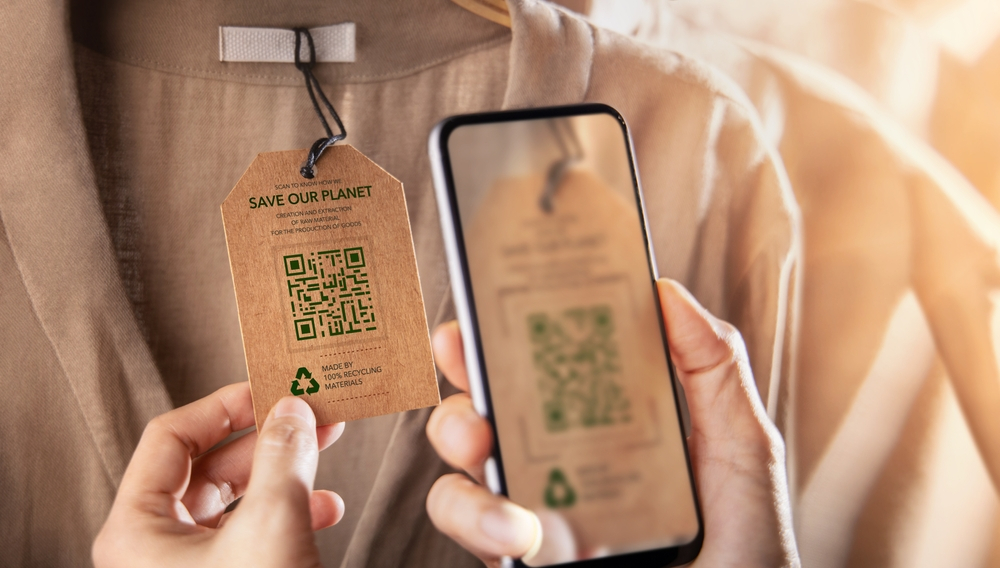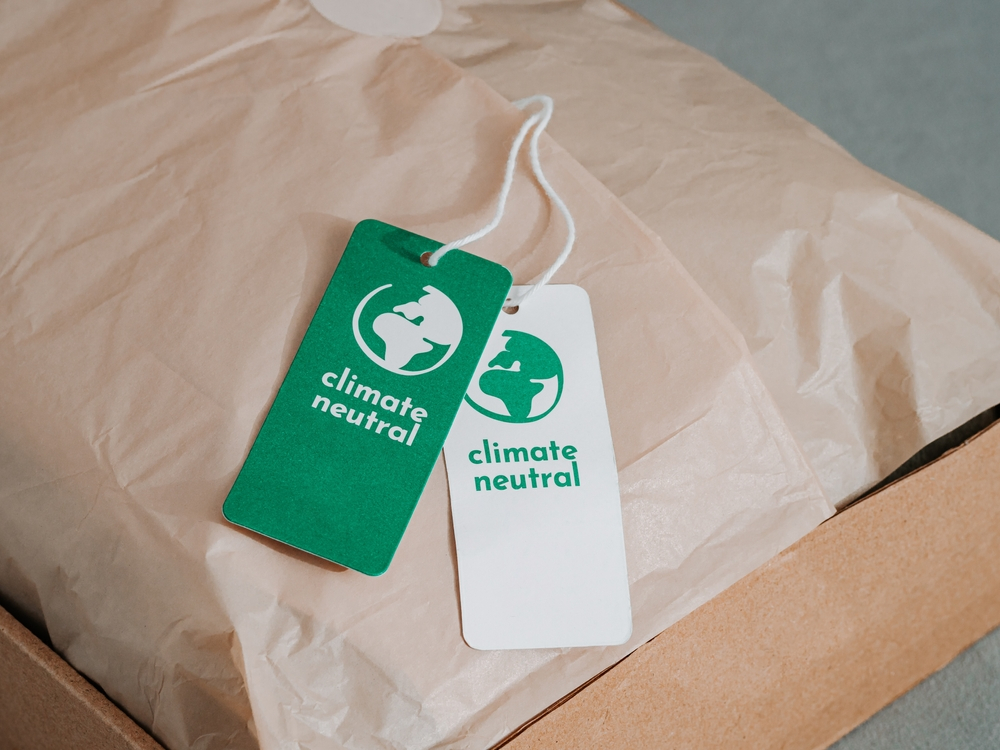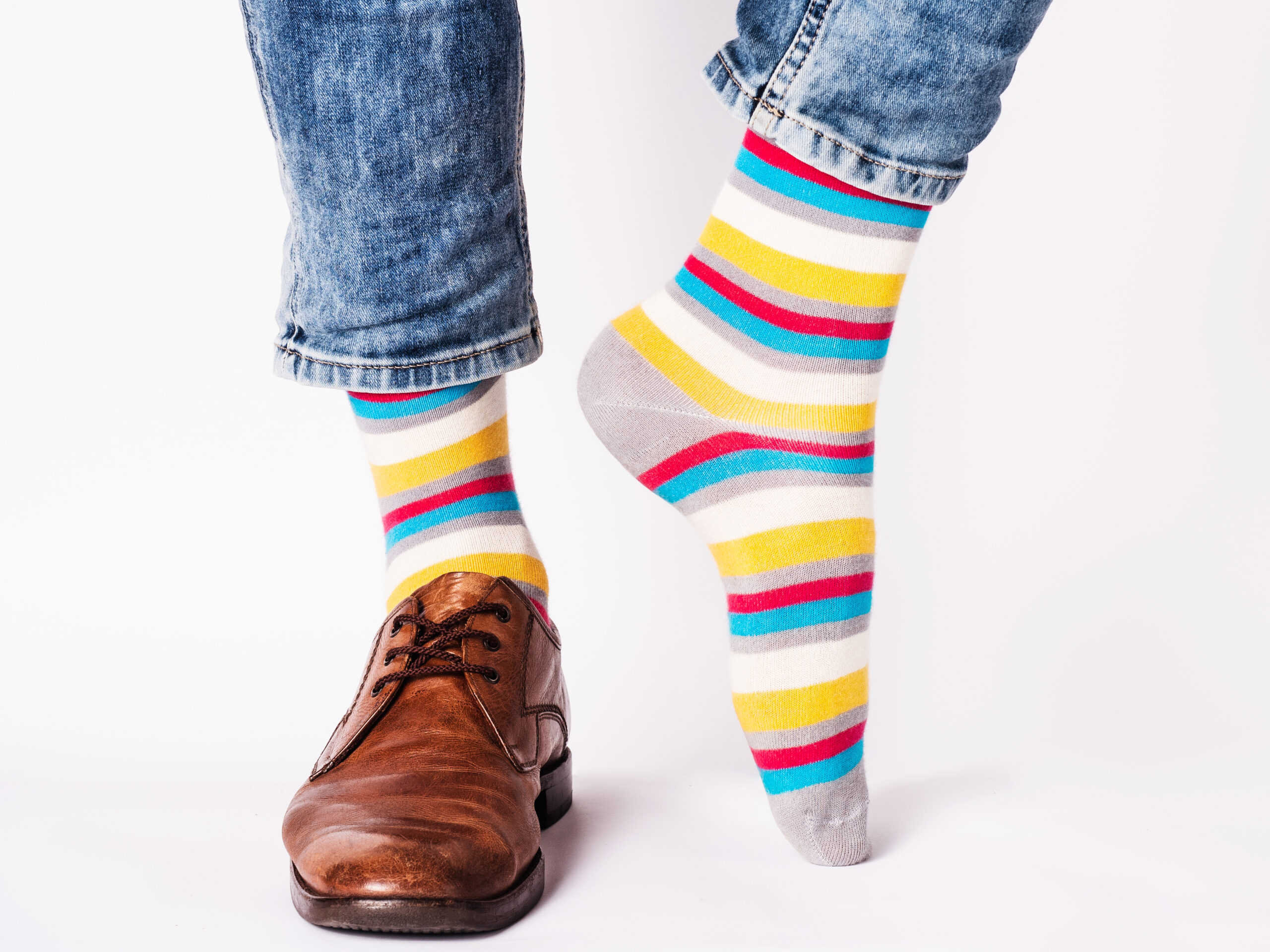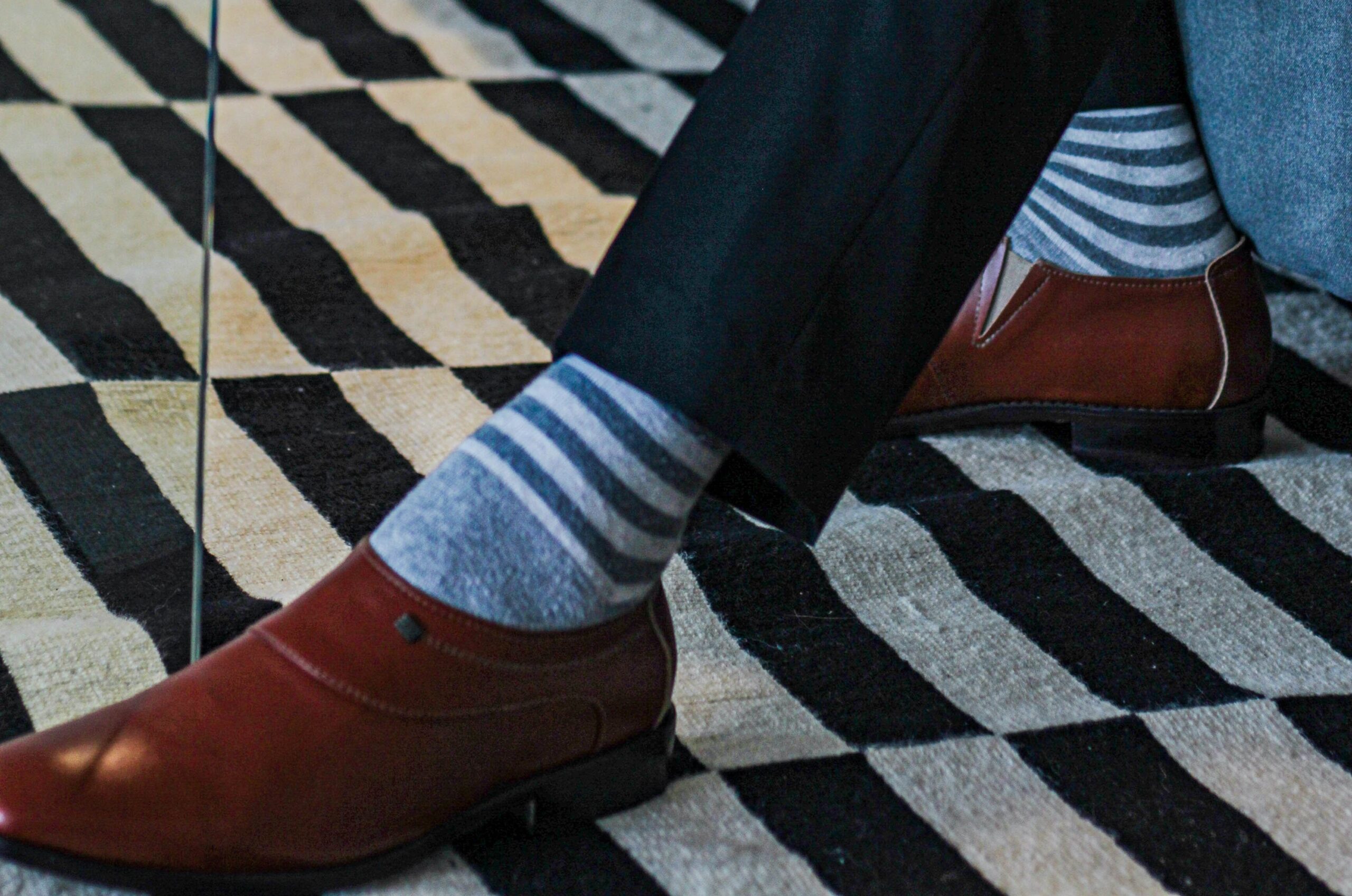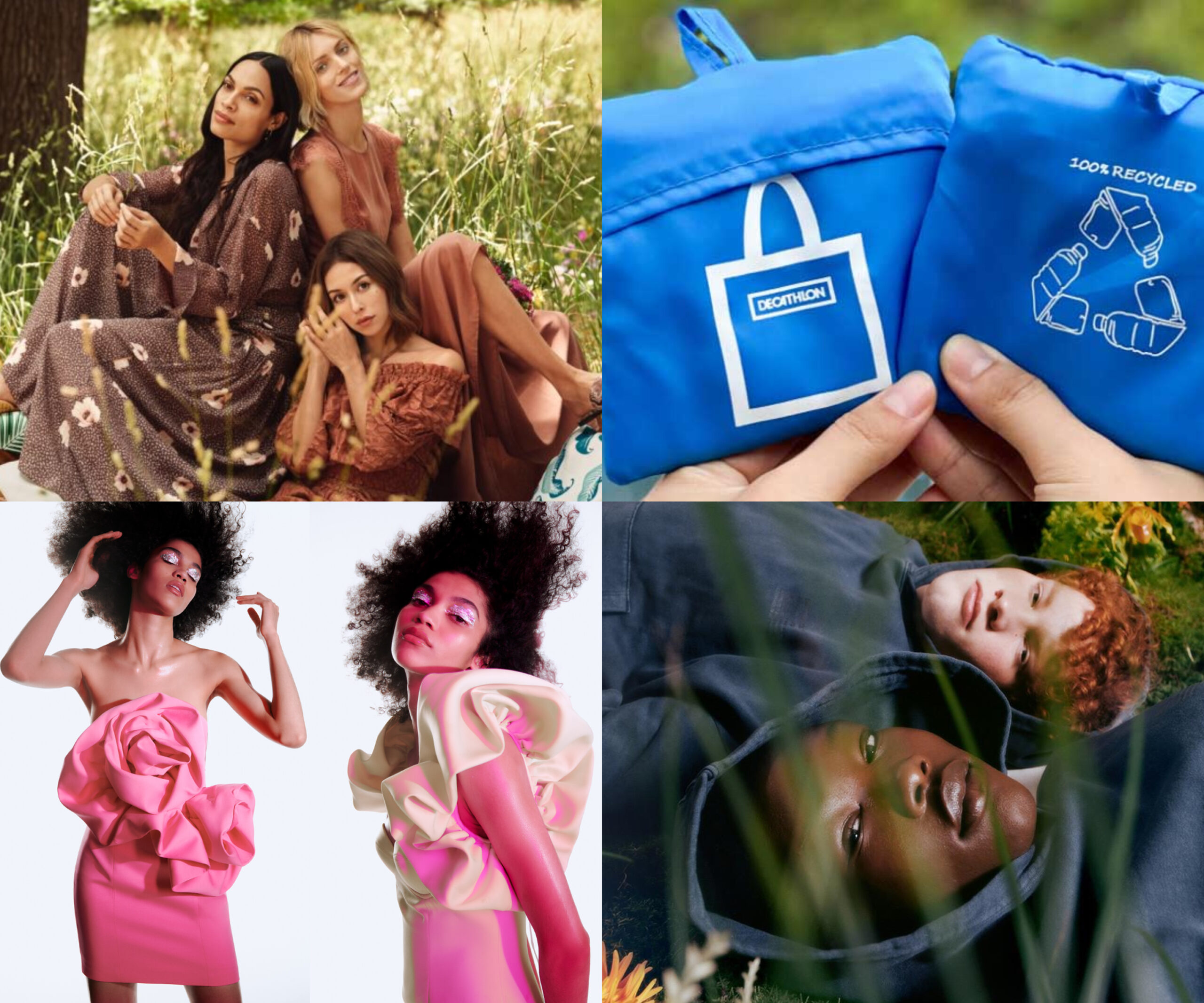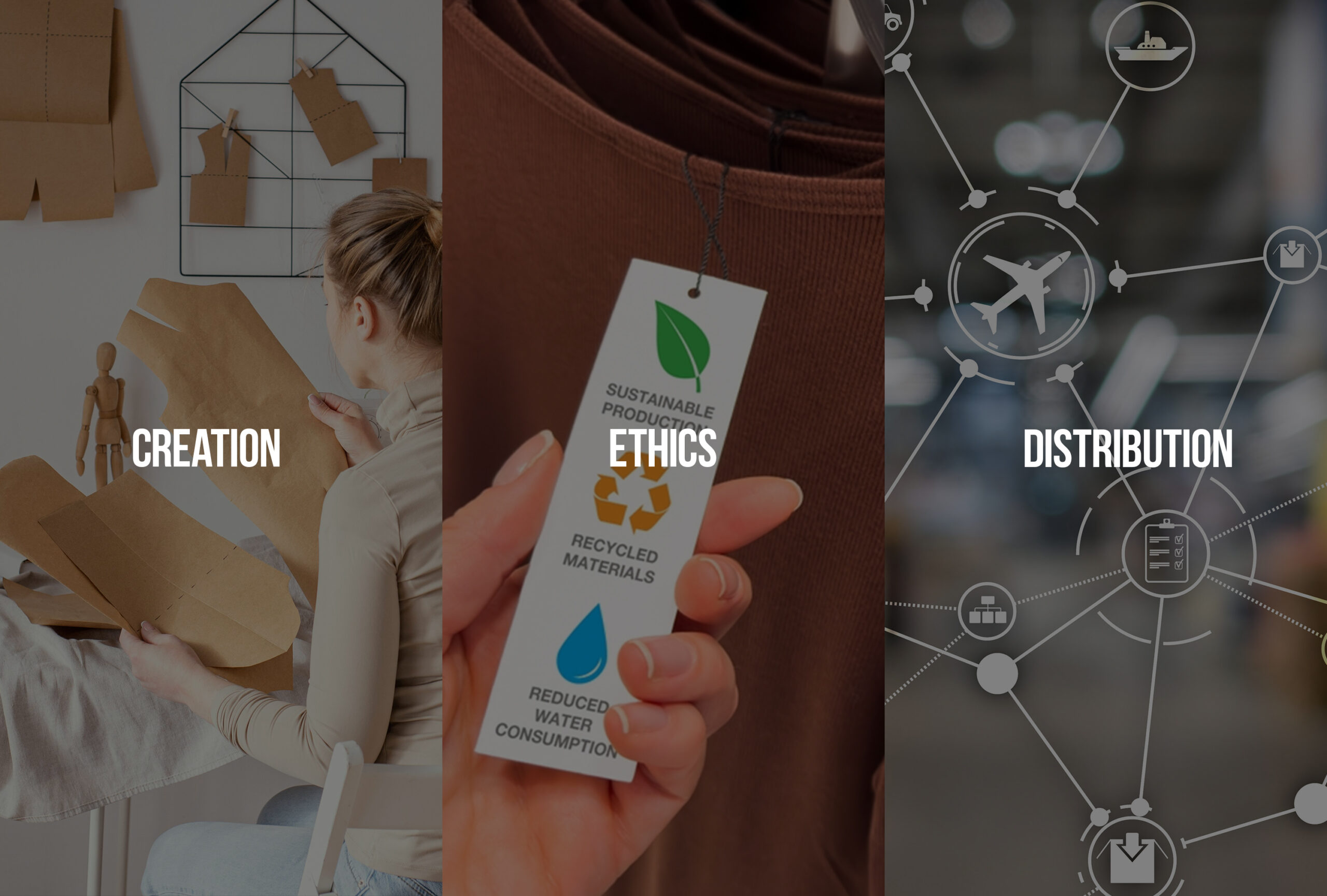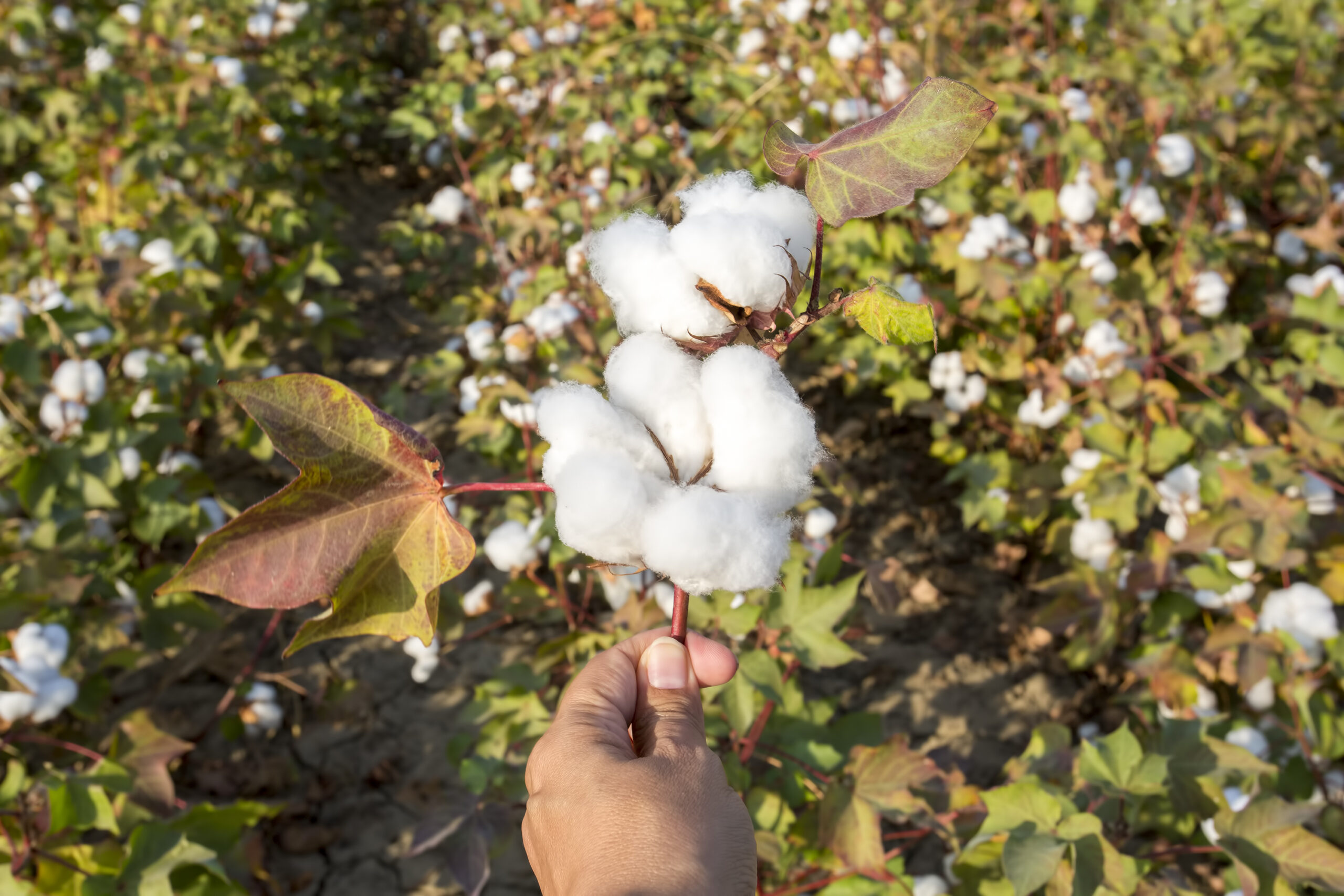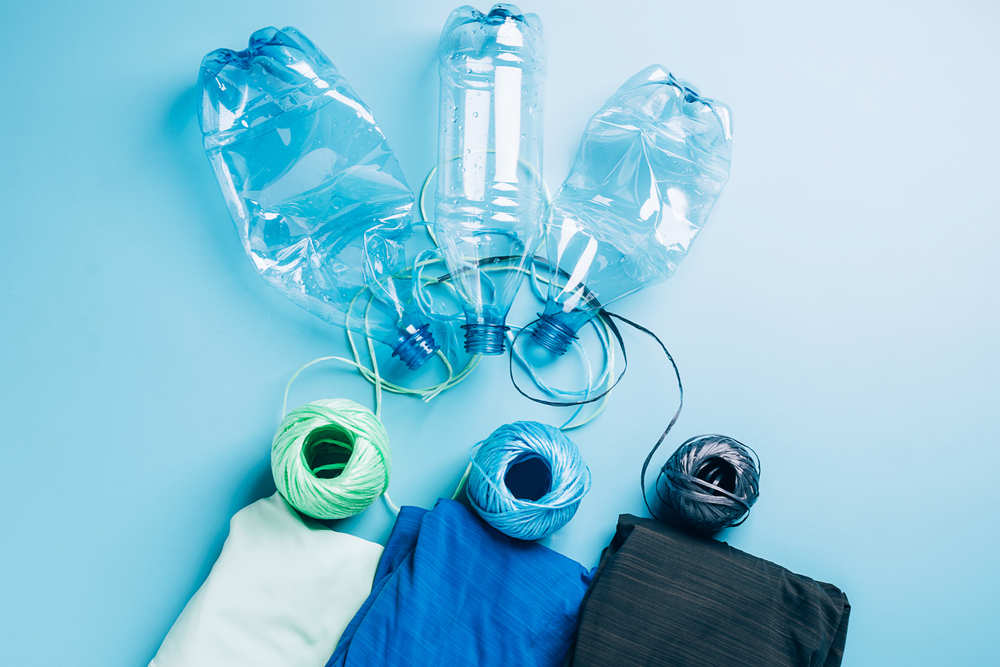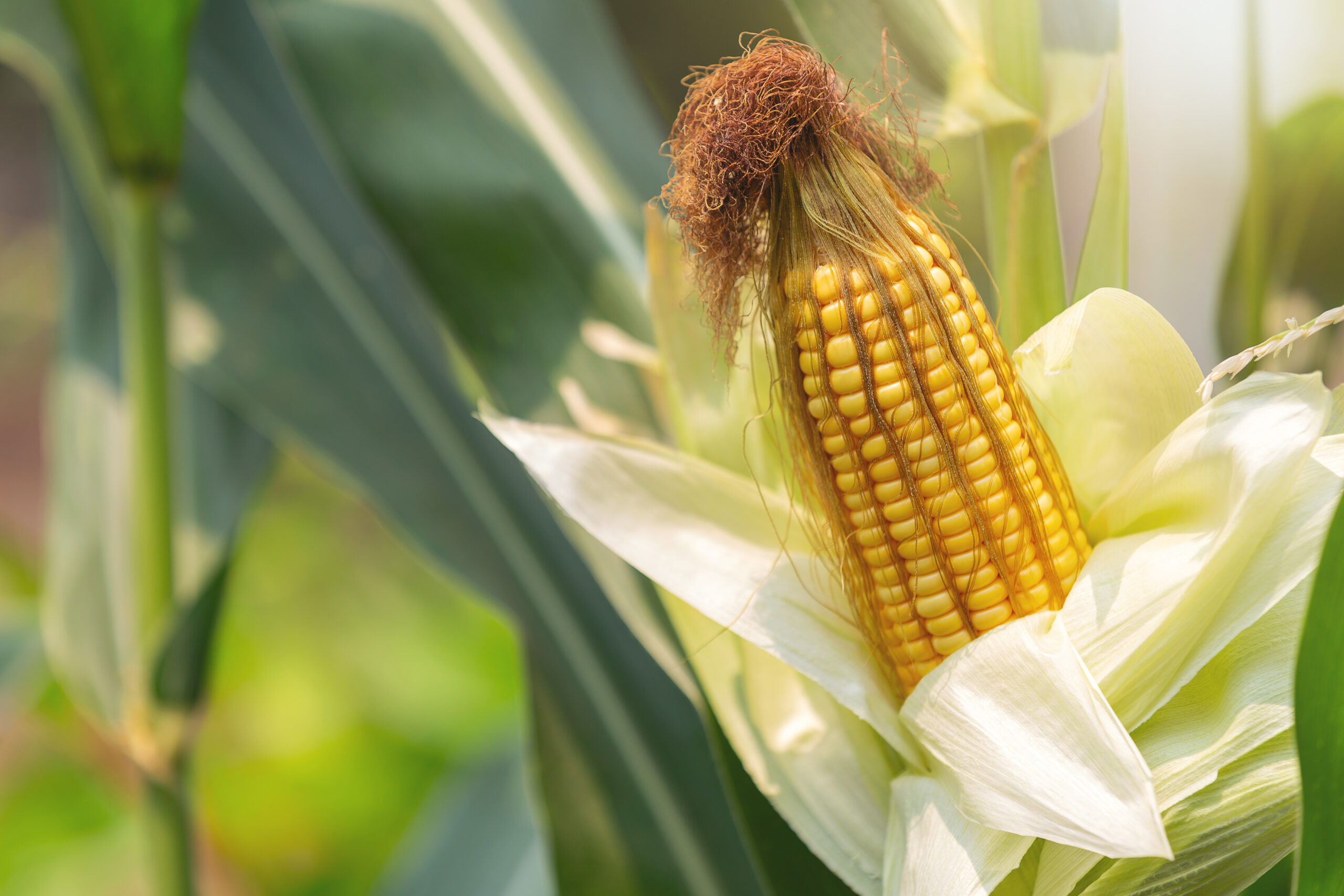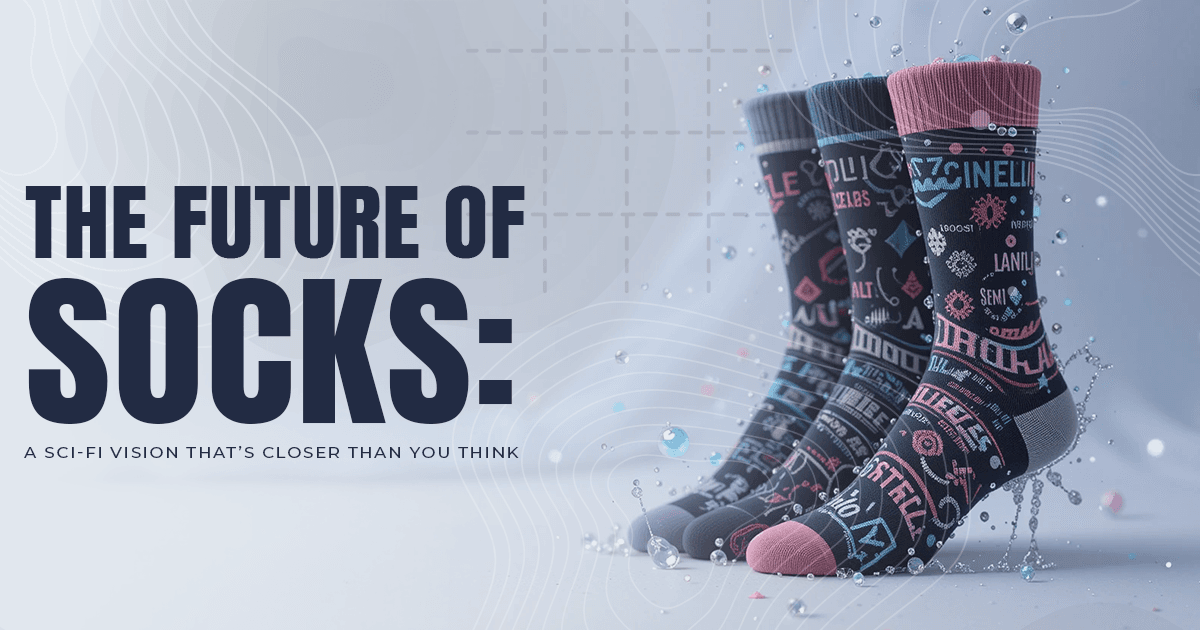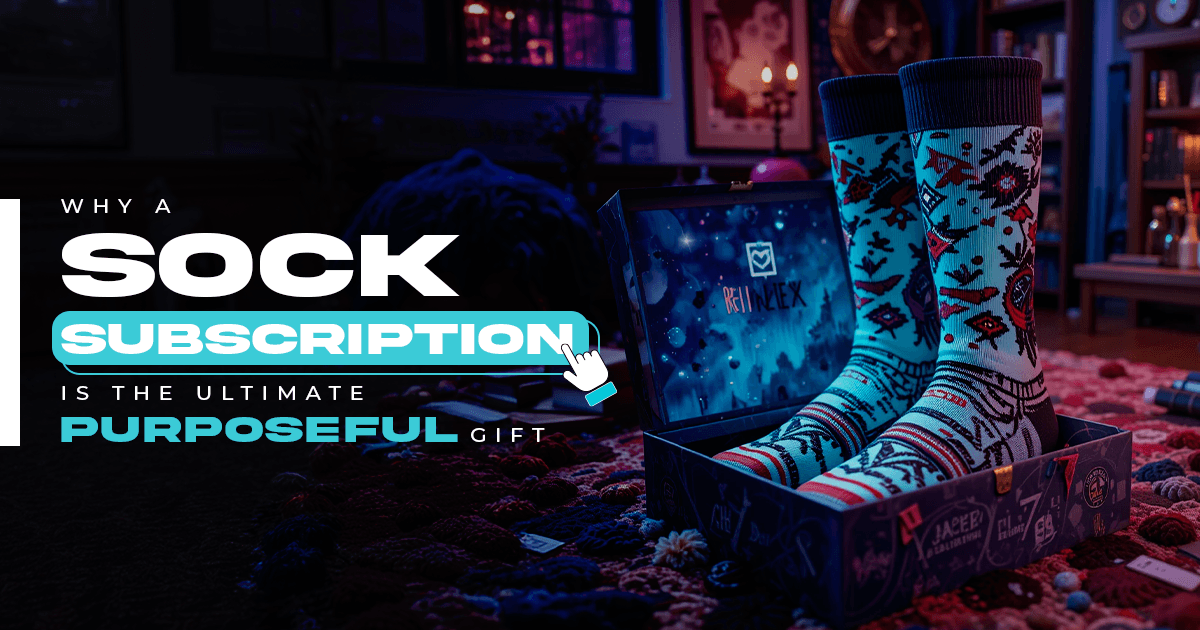Sustainable clothing is no longer just about the environment or charity; it’s now a booming choice for people too. Whether it’s custom design socks or any other fashion or comfort garment, people are becoming selective about materials. They prioritise not only comfort and style but also the sourcing of these materials. As a result, major brands are investing in sustainable materials derived from natural resources, which have a better end-of-life impact.Texcyle,the custom socks supplier recognized this early on and implemented ethical and sustainable practices long ago. In the socks industry, we started a revolution by choosing eco-friendly materials.
Now the influence of sustainability extends beyond fashion to major global events. For instance, the Paris 2024 Olympics is setting a precedent for sustainable practices. Big sports brands like Adidas and Nike are leading the charge by incorporating sustainable materials into their product lines. Adidas has been using recycled ocean plastics in its shoes, while Nike has committed to using more sustainable materials and reducing waste through innovative manufacturing processes.
Here’s a closer look at some of the most sustainable fabrics making waves in the fashion industry:
Here’s a closer look at some of the most sustainable fabrics making waves in the fashion industry:
1. Recycled Materials:
Recycled fabrics are a pivotal solution for reducing waste and minimising the environmental impact of new material production. Utilising old fabrics to create new garments helps extend the lifespan of existing textiles, preventing them from ending up in landfills.
- Recycled Cotton: Conventional cotton farming is environmentally detrimental, releasing 220 million tonnes of carbon annually and demanding vast quantities of water, land, and pesticides. Recycled cotton, derived from old garments and jeans, presents a more sustainable alternative by reducing these impacts.
- Recycled Wool: While wool is durable and biodegradable, it raises ethical and environmental concerns related to animal farming. Recycled wool mitigates these issues, making it a more sustainable choice.
- Recycled Polyester: Although not inherently sustainable due to its long decomposition time and microplastic shedding, recycled polyester is preferable to virgin polyester, which originates from fossil fuels and significantly contributes to fashion’s carbon emissions. Texcyle also uses recycled polyester in our custom design socks.
2. Certified Organic Cotton:
Organic cotton offers a more sustainable alternative to conventional cotton. Despite constituting less than 1% of total cotton production, organic cotton farming reduces water usage by up to 91%, with 80% sourced from rain, easing pressure in drought-prone areas. It avoids chemical pesticides and fertilisers, promoting healthy ecosystems and supporting diverse flora and fauna. Additionally, organic cotton requires 62% less energy for growth and production and can sequester three times more carbon than the entire atmosphere.
Certified organic cotton also emphasises fair wages and improved working conditions. Its fibres are stronger and sturdier compared to conventional cotton, and its hypoallergenic properties make it gentler on the skin. However, the production of non-organic cotton has severe environmental and social impacts, including the use of 10,000-20,000 liters of water per kilogram of cotton, pesticide poisoning, and the exploitation of child labour.
3. Hemp:
Hemp is a versatile and sustainable fabric that keeps wearers warm in winter and cool in summer. It is one of the fastest-growing plants, requiring no herbicides or pesticides, and returns nutrients to the soil, enhancing its fertility. Hemp’s durability—its fibres are six times more resilient than steel—means clothing made from hemp is three times more durable than cotton, leading to less waste. Additionally, hemp grows with less land and water than cotton and is biodegradable, decomposing naturally within weeks.
4. Linen:
Linen, derived from the flax plant, is a durable and sustainable fabric that thrives in poor-quality conditions with less water and no need for fertilisers or pesticides. Linen’s durability increases with each wash, reducing waste over time. As long as it is untreated, linen is both biodegradable and recyclable.
5. Bamboo:
Bamboo is a fast-growing, renewable resource that absorbs more carbon dioxide and produces more oxygen than trees. It requires minimal water and no pesticides or fertilisers. Bamboo fabric is strong, durable, and biodegradable, decomposing naturally within a year if untreated. However, the cultivation of bamboo in monocultures can cause biodiversity loss, and some companies still use fertilisers.
6. Modal Fabrics:
Viscose, modal, lyocell, and Tencel are semi-synthetic fabrics made from dissolved wood pulp. These renewable fabrics require less land and water than cotton and biodegrade naturally if untreated with certain chemicals. Lyocell and Tencel are particularly eco-friendly due to their closed-loop production processes, which reuse water and solvents.
7. Fruit- and Plant-Based Vegan Leather:
Plant-based vegan leathers like Piñatex (pineapple leather), Desserto (cactus leather), and grape or wine leather offer more eco-friendly alternatives to traditional leather. These materials, derived from byproducts of other industries, avoid the ethical and environmental issues associated with livestock farming. However, they still involve chemicals and coatings that are not biodegradable.
Texcyle uses two most crucial, trendy sustainable materials in their custom design socks additionally with bio-based elastane. Texcyle socks are made from organic cotton, free of harmful chemicals and pesticides, and recycled polyester (rPET), an eco-friendly alternative crafted from post-consumer plastic bottles or discarded textiles. We also use Hyosung’s creora® bio-based elastane, which replaces 30% of petroleum-based resources with bio-based raw materials derived from industrial field corn, also known as dent corn.
As a custom socks supplier we are not only highlighting the importance of sustainability in the fashion industry but different studies are supporting that. A recent report by Grand View Research predicts that the global market for sustainable clothing will reach USD 303.5 billion by 2027, highlighting the immense potential in this sector. This growth is driven by increasing consumer awareness and demand for eco-friendly products. In the UK, a WRAP (Waste and Resources Action Programme) study found that 53% of consumers have made significant lifestyle changes to reduce environmental impact, with sustainable fashion being a key focus. Additionally, a Textile Exchange study found that 73% of UK consumers consider a product’s environmental impact before purchasing.
So, it’s clear that consumers are increasingly interested in sustainable clothing, and eventually, every brand, big or small, will need to embrace sustainability.
So why wait? Texcyle is revolutionising the custom design socks market in the UK with products that align with consumer demand. If you’re a retailer attuned to market trends and consumer needs, partner with us. Together, we can complete the circle of sustainability.

